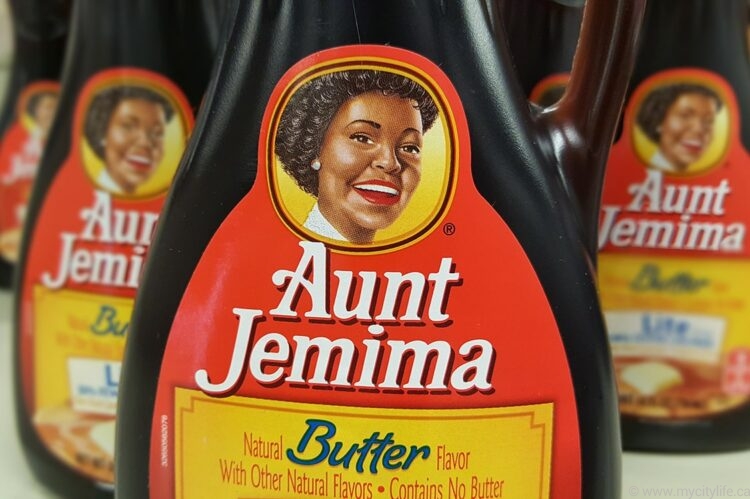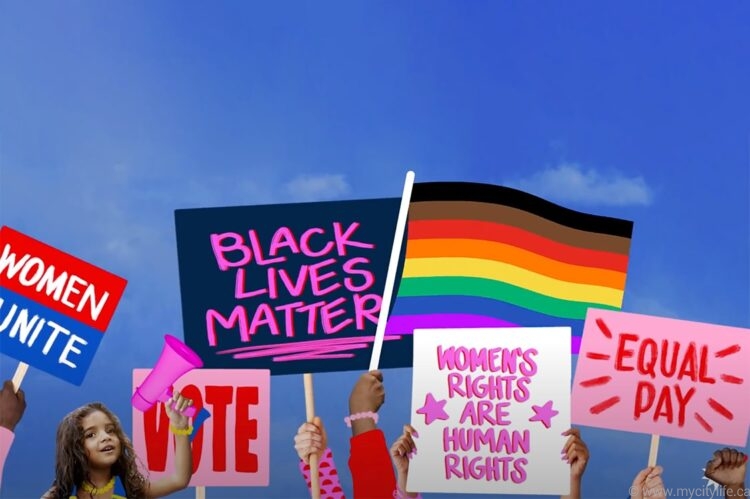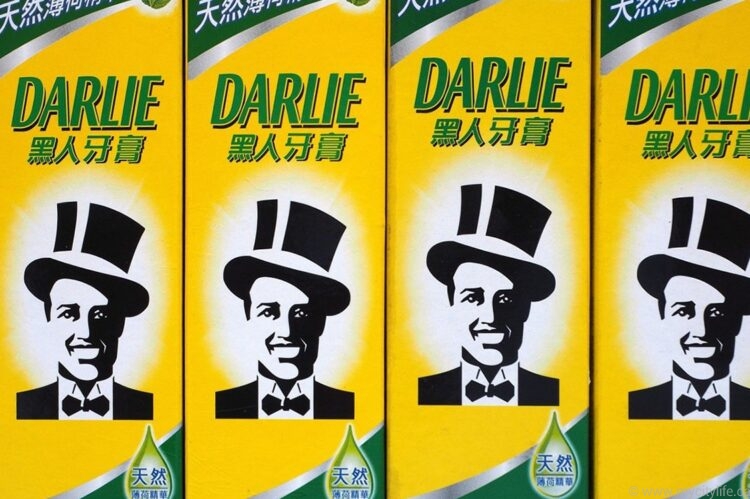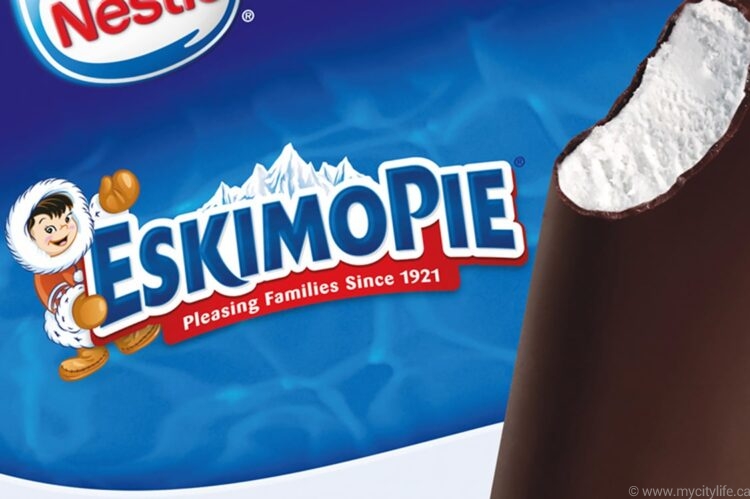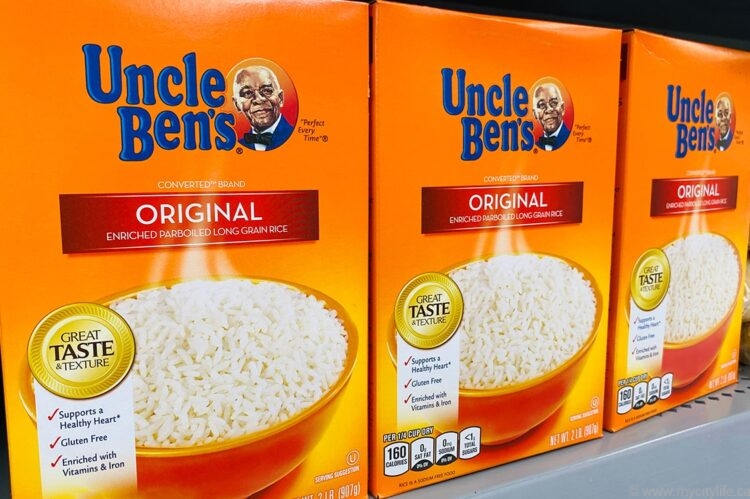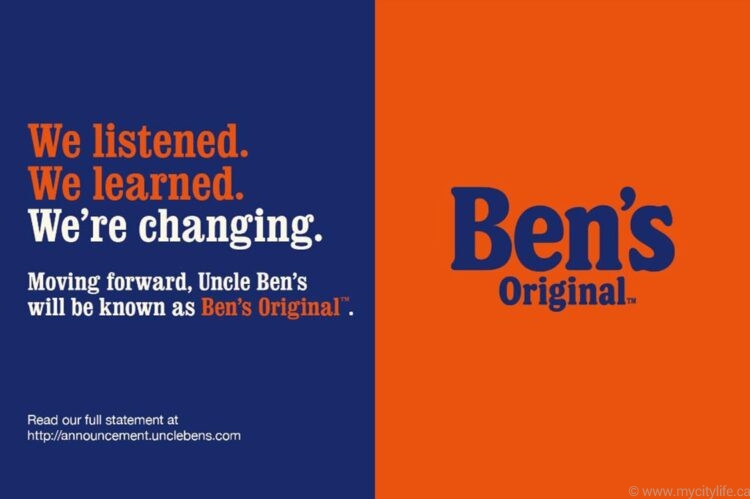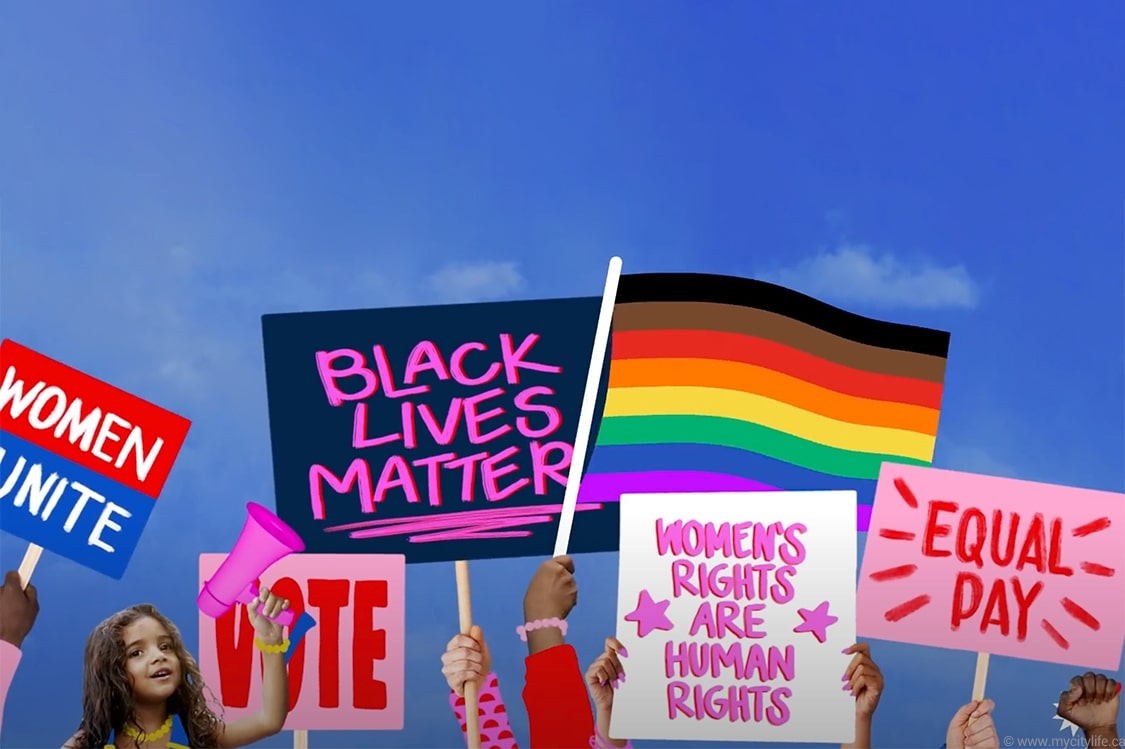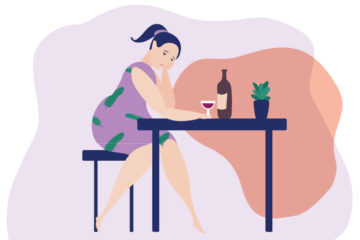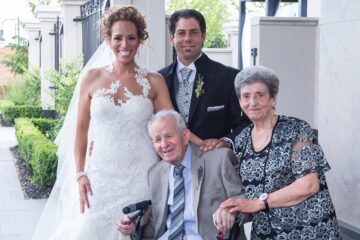Eight minutes and 46 seconds Changed the world
Eight minutes and 46 seconds was all it took for George Floyd to be murdered. Those eight minutes and 46 seconds changed the world.
On May 25, 2020, George Floyd, a 46-year-old African-American man, was murdered in Minneapolis. A few minutes prior to his death, Floyd was arrested for allegedly using counterfeit money. Derek Chauvin, a white police officer, forcefully leaned his knee on Floyd’s neck for eight minutes and 46 seconds, after Floyd had been handcuff ed and was face-down on the ground. Two other police officers, J. Alexander Kueng and Thomas Lane, helped Chauvin in restraining Floyd, and another police officer, Tou Thao, prohibited eyewitnesses from becoming involved. Floyd cried out, “I can’t breathe.” Pleading for his life, he asked to call his mother. It was like a scene from an ultra-realistic horror film, which doesn’t leave anything for the viewer’s imagination. After several minutes passed, Floyd stopped speaking. For the next two minutes, he lay motionless. When urged to check him, Kueng found no pulse. Chauvin refused pleas to lift his knee until medics told him to stop.
Floyd’s death elicited worldwide protests against police brutality, police racism and lack of police accountability. Who knew that those eight minutes and 46 seconds would change the world? Even during the worst pandemic the globe has seen in a hundred years, thousands protested every night, knowing full well COVID-19 was easily transmittable.
Companies with brands that had been created as a product of systemic racism for close to a hundred years now recognized a new dawn was on the horizon. The world would never be the same. Either those corporate giants would jump on the Black Lives Matter bandwagon and acknowledge their part in the perpetuation of systemic racism, or they would watch their customers disappear. A revolution was beginning. Even sports teams were being condemned for their racist names: the Chicago Blackhawks, the Washington Redskins, the Edmonton Eskimos, the Atlanta Braves and many others.
While work has been done over the years to update the brand in a manner intended to be appropriate and respectful, we realize those changes are not enough
Brands, which often remained silent when it came to social justice issues, began speaking out, along with ad agencies and media professionals.
In response to the protests, Old Navy filmed a new spot, which digressed from its usual singsong-type commercials. The company, which is owned by GAP Inc., chose five activists, including Marley Dias, a 15-year-old feminist and founder of #1000BlackGirlBooks; Sara Mora, an immigrant rights activist and co-founder of Women’s March Youth Empower; Dawn Bozeman, a community activist for racial equality in Dunlap, Ill.; Sharene Wood, born and raised in Harlem, N.Y., and involved in the local community as a member of the Boys & Girls Club of Harlem advisory board; and Ja’Mal Green, a civil rights advocate in Chicago. The activists appeared in a new 30-second spot called “We Are We.” During the commercial, Dias narrates a poem:
“Here we are, a nation divided, red, blue,
16 per cent undecided
But 2020 had us shook
so we gave the world another look,
and a future of differences celebrated.
Every voice heard and advocated,
where everyone can show their pride
because love should never have to hide.
There’s a world of possibility
that can’t exist with you versus me.
It will take work, that’s indisputable, but, oh man,
it could be beautiful — this world where we are we.”
Nike was quick to release a 60-second spot encouraging Americans not to turn their backs on racism, with a twist on its long-used tagline: “For Once, Don’t Do It.” Other companies and brands, including YouTube, the NFL, Disney, Amazon and Netflix, followed suit. Mars Food proclaimed that Uncle Ben’s will become Ben’s Original and that the logo of a senior African- American man in a bow tie will be eliminated, following condemnation of the term “Uncle” as disparaging and the brand’s imagery as being reminiscent of servitude.
Mars Food became dedicated to re-evaluating its branding in June 2020, after PepsiCo publicized it was dumping the 130-year-old Aunt Jemima breakfast brand, which featured Aunt Jemima, who was originally dressed as a minstrel character. “We recognize Aunt Jemima’s origins are based on a racial stereotype,” Kristin Kroepfl, chief marketing officer of Quaker Foods North America, said in a statement, as reported by NPR. “While work has been done over the years to update the brand in a manner intended to be appropriate and respectful, we realize those changes are not enough.”
Colgate announced on June 18, 2020, that it would “review and evolve” its bestselling Chinese toothpaste brand Darlie, which, at one time, highlighted a smiling man in blackface, whose name (originally, “Darkie”) translates to “Black person toothpaste.”
Mondelēz International has laid out diversity and inclusion goals, including plans to double the representation of Black people in its U.S. management roles by 2024. The snack maker also plans to spend $1 billion annually with minority-owned and women-owned businesses by 2024. Mondēlez is also planning to appoint someone to the new role of global chief diversity and inclusion officer.
Dreyer’s Grand Ice Cream declared it would modify its advertising and change the name of its Eskimo Pie brand after almost a century, since the term “Eskimo” was deemed offensive by the native people of the Arctic.
New Orleans’s oldest brewery, Dixie Beer, announced on June 26, 2020, that it would change its name to shed any connotations of slavery, and it has since asked for the public’s help in picking a new name.
The question is: “Why did it take 75–100 years for these companies to wake up and smell the systemic racism they were continuing to perpetuate?” If George Floyd had lived, would society have remained complacent and continued to ignore the way Black people are treated? Had cellphones not captured his barbaric death, would there have been such an awakening among the people, causing them to protest in the streets? The answer is an unequivocal “Yes.”







































































